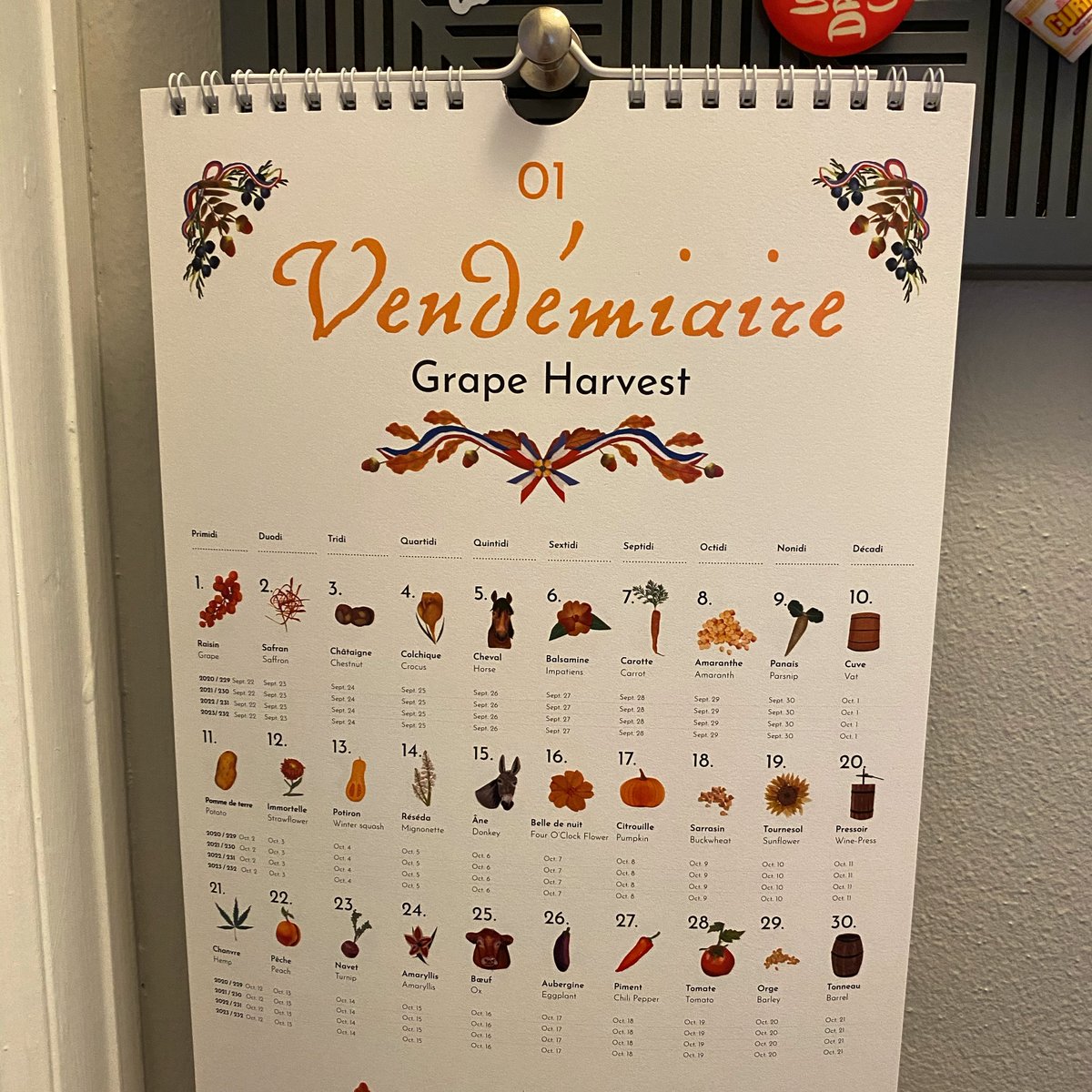

They felt that this “deism” was aligned with Islam in ways that made it easier for Muslims to join the revolutionary cause.


The huge clashes over the Catholic church in France led to a wave of “dechristianization” – for some that meant atheism, but for the leading Jacobins like Robespierre who influenced the young Bonaparte, it meant monotheistic faith in a “supreme being” without the elements of Christianity. For me, the answer lies in the way French revolutionaries came to understand Islam. Why did he think that Egyptians would believe this fantasy? Bonaparte was highly intelligent – it wasn’t ignorance or stupidity. When he arrived in Egypt, he had pamphlets distributed in Arabic declaring that the French were Muslims. The invasion was led by Napoleon Bonaparte, who was just a young general at the time, but someone who was completely fascinated by Islam. In thinking about this book, I wanted to understand better what led the French to a disastrous mistake that really brought the revolution to an end. In my first book, Arab France: Islam and the Making of Modern Europe 1798-1831, I investigated the Arabs who migrated to France with the end of that occupation. Less than a decade after the fall of the Bastille in 1789, forty-five thousand French troops invaded Egypt. Yet very few historians had looked across the Mediterranean, even though it’s so much closer geographically to Europe. How did these two fields of expertise come together for this book?Ī lot of great work has been done in the past twenty years to recognize how much the revolutionary age in the late eighteenth century was happening across the Atlantic Ocean, and how central slavery was in the struggles for freedom. Your research interests include the French Revolution and the Muslim Mediterranean. The resources available online are now just staggering, and they make it possible to trace things that would once have been almost impossible. Luckily, most of the documents I needed were located in archives in France, in places like Paris, Nantes and Marseille, where I was able to spend time tracing the fascinating paths of people I’d found. But the aftermath of revolution and civil war has made it more difficult to access archives in the Arab world. I was invited to Tunisia in May 2011, just after the revolution happened there, and that experience had a profound effect of making me understand what revolution really means – the dizzying sense of possibility and hopes for a better future. When I first started work on the book, I was on a fellowship in Italy, and it happened to coincide with the wave of revolutions spreading across North Africa and the Middle East. How did you go about tackling this book? Did your research take you abroad? There are multiple possibilities for understanding our shared present and envisaging a common future. It confirmed my sense of just how rich and diverse the past it. That led me to think about how their paths were shaped by revolution, and how they in turn shaped the events around them. But as I started research in the archives, I found evidence of Muslims in France and elsewhere who had participated in the French Revolution. I was interested in what French Revolutionaries thought about Islam, and how they interacted with the Muslim world. We live in a time where we’re often encouraged to focus on differences between people and religions. I have always been fascinated by the French Revolution as the first time a sense of universal humanity leapt to the front line of events and helped shape world history. It should be used for bringing us together rather than pushing us apart. What was the impetus for writing this book? Here, we discuss with Coller the motivation behind his book and the power of history to inform the future. His new book, Muslims and Citizens: Islam, Politics, and the French Revolution (Yale University Press, 2020), examines how Muslims came to participate in the political struggles of the revolution and how revolutionaries used Muslims in France and beyond as a test case for their ideals. Through archival research, Ian Coller, professor of history at the University of California, Irvine, pieces together a centuries-long history of Muslims in France.

UCI historian highlights the role of Muslims and Islam in the French Revolution


 0 kommentar(er)
0 kommentar(er)
